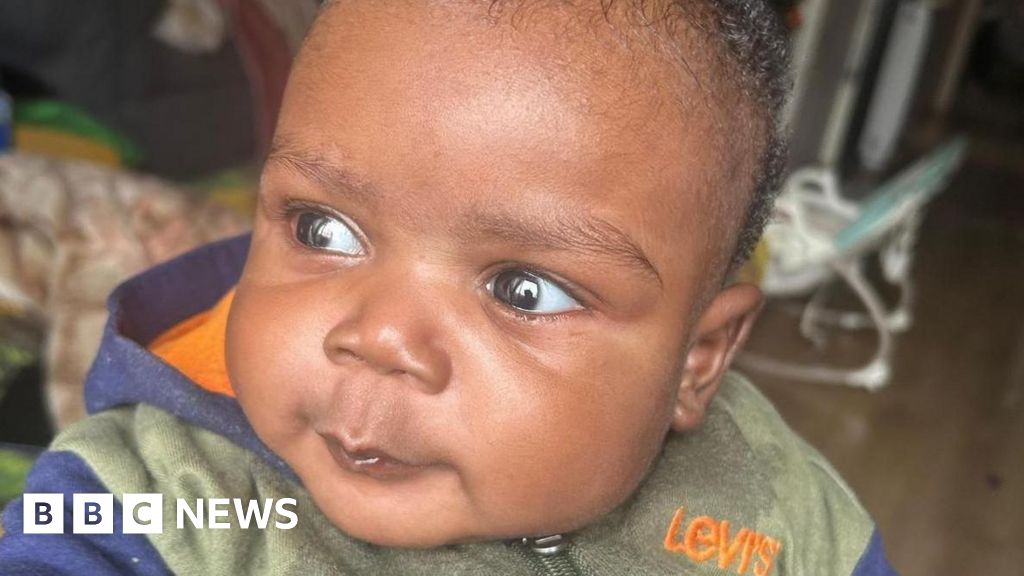
The tragic case of Akram Mohammed, a 15-week-old baby who passed away earlier this year in a mouldy housing association flat in North London, has shed light on the intersection of health challenges and inadequate living conditions in urban environments. While initial concerns linked the living conditions to his death, a coroner’s findings have clarified the true causes and sparked broader conversations about urban housing health standards.
Understanding the Case
Akram Mohammed’s passing from Strep B, pneumonia, and a Vitamin D deficiency marked a heartbreaking moment for his family. Their Camden flat’s damp and mouldy conditions had initially been suspected as contributing factors. The family’s frustration led to protests against housing association Notting Hill Genesis, which they say failed to address the harmful living conditions adequately.
However, evidence reviewed by Senior Coroner Mary Hassell revealed that the mould in the home was not directly responsible for Akram’s death. The origin of the Strep B infection was traced to Akram’s mother, Aiat Mohammed, who had unknowingly contracted the bacteria before his birth. This highlights broader healthcare and preventative measures needed to combat infections like Strep B, which affects approximately 500 newborns in the UK annually.
The Broader Impact of Housing and Health
While Akram’s death was unrelated to mould exposure, it underscores the need for significant improvements in urban housing conditions. Mould and damp environments are known for exacerbating respiratory health issues, particularly among vulnerable populations such as children and the elderly. The case serves as a reminder of the health risks associated with poorly maintained housing and the responsibilities of housing associations to safeguard residents’ well-being.
Vitamin D deficiency, another factor in Akram’s passing, poses an additional challenge, particularly for families with limited access to sunlight due to urban living or socio-economic circumstances. Many health professionals recommend supplementation for infants and adults alike to combat these deficiencies. Products such as Vitabiotics Wellbaby Vitamin D Drops, available at Boots, can help parents ensure their babies receive adequate Vitamin D.
What Can We Learn?
The tragedy of Akram Mohammed’s passing and the detailed investigations that followed underscore the importance of addressing preventable health risks, both at an individual and systemic level. Key takeaways from this case include:
- Promoting awareness: Closely monitoring infections like Strep B during pregnancy can prevent severe complications.
- Improving living conditions: Housing associations and landlords must prioritize maintaining damp-free, mould-safe environments.
- Vitamin D supplementation: Parents should consult professionals to address possible deficiencies affecting growing children.
Final Thoughts
Akram’s story is a poignant reminder of how interconnected healthcare and housing can be in shaping our quality of life. Addressing these issues collaboratively—through government initiatives, healthcare awareness, and housing reforms—will undoubtedly help prevent similar tragedies in the future. Families experiencing similar challenges are encouraged to seek medical advice and advocate for better living standards within their communities.



